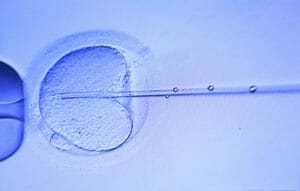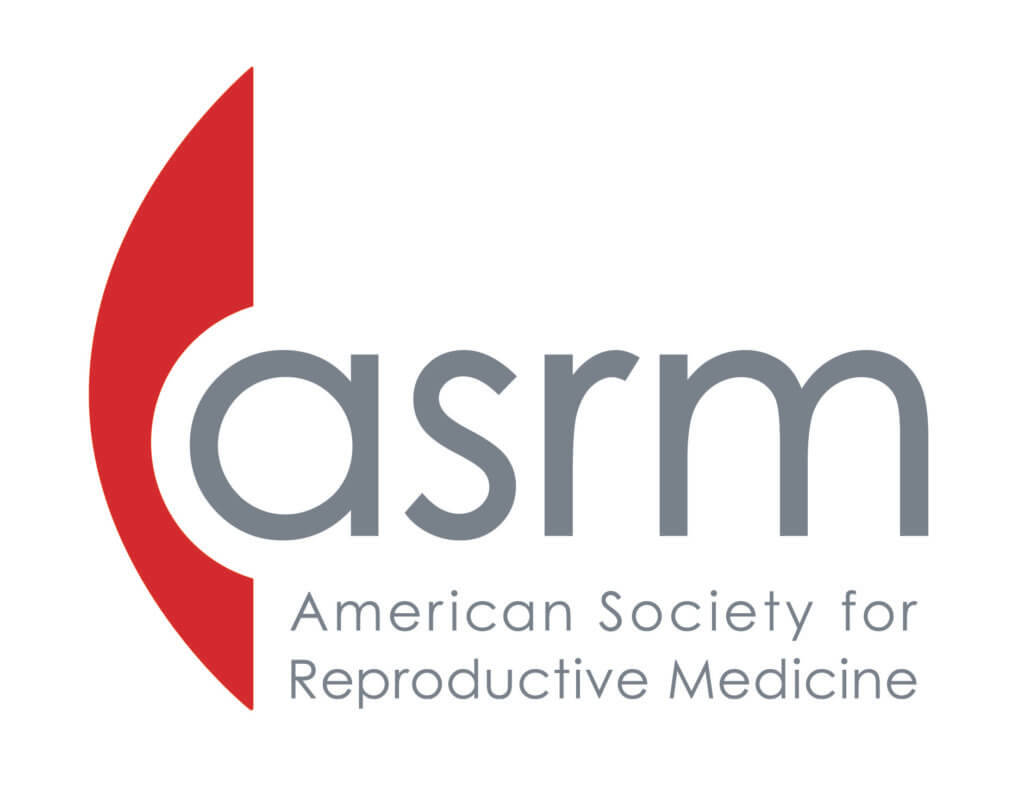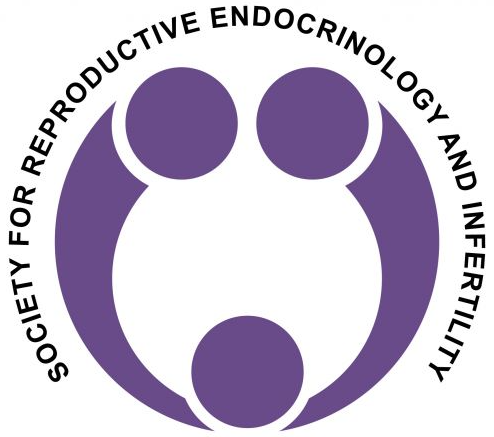
Some cases of severe male factor infertility may be best treated by directly injecting a single sperm into a mature egg. ICSI is used when the sperm quantity or quality is such that conventional IVF techniques are unlikely to result in fertilization.
Although ICSI does not guarantee fertilization, it has offered hope to many couples who would have been unable to attempt IVF using conventional techniques. Currently, the follow-up evaluation of infants born after ICSI has been reassuring. However, since the natural sperm selection process during fertilization is bypassed with ICSI, long-term follow-up of infants born after ICSI will be needed to assure complete safety. To date, there is evidence that the birth defect rate in children conceived with ICSI may be slightly increased above the background rate seen in spontaneous conceptions. Most experts feel that this is because of the quality of the sperm requiring the ICSI, not because of the ISCI method itself.
Balanced / unbalanced translocations
A significant proportion of males with oligospermia or azospermia have numerical or structural chromosome abnormality. Partners of males with such chromosome abnormalities are at an increased risk for miscarriage and for having offspring with mental impairment or birth defects due to an unbalanced chromosome abnormality.
Microdeletion of the Y chromosome
A microdeletion in specific regions of the long arm of the Y chromosome is a common cause of severe oligospermia or azospermia. Men with such microdeletions can pass it on to their sons causing these sons to have reduced fertility. Though a microdeletion in the Y chromosome is not thought to be associated with other health problems, little data exists regarding the phenotype of male offspring of men with such microdeletions.
Cystic Fibrosis Carrier
Males with congenital bilateral or unilateral absence of the vas deferens often have a mutation in one or both of their cystic fibrosis (CF) genes. Additionally, heterozygosity for any CF mutation along with the presence of a variant in the CF gene, called 5T, has been associated with absence of the vas deferens. Depending on the partner’s carrier status, a male with absence of the vas deferens may be at increased risk of having a child with cystic fibrosis.
Sex chromosome Abnormalities
Couples with male factor infertility as an issue may use ICSI to assist with fertilization and conception. Recent studies reveal an increased incidence of sex chromosome abnormalities in offspring conceived through ICSI. It is not known whether the sex chromosome abnormalities are due to the ICSI procedure itself or are related to the underlying cause for male infertility. The extent of the association between ICSI, chromosome abnormalities, and other birth defects/developmental problems are expected to become clearer as more children conceived through ICSI are evaluated.
Who should see a genetic counselor?
The etiology of male factor infertility is complex. Some factors that contribute to male factor are well understood while others remain unclear. The genetic basis of male infertility is one area where knowledge continues to expand, resulting in the opportunity for more comprehensive evaluation and appropriate management. Some patients benefit from a consultation with a geneticist and /or genetic counselor with expertise in fertility issues and genetic conditions contributing to reduced fertility.





